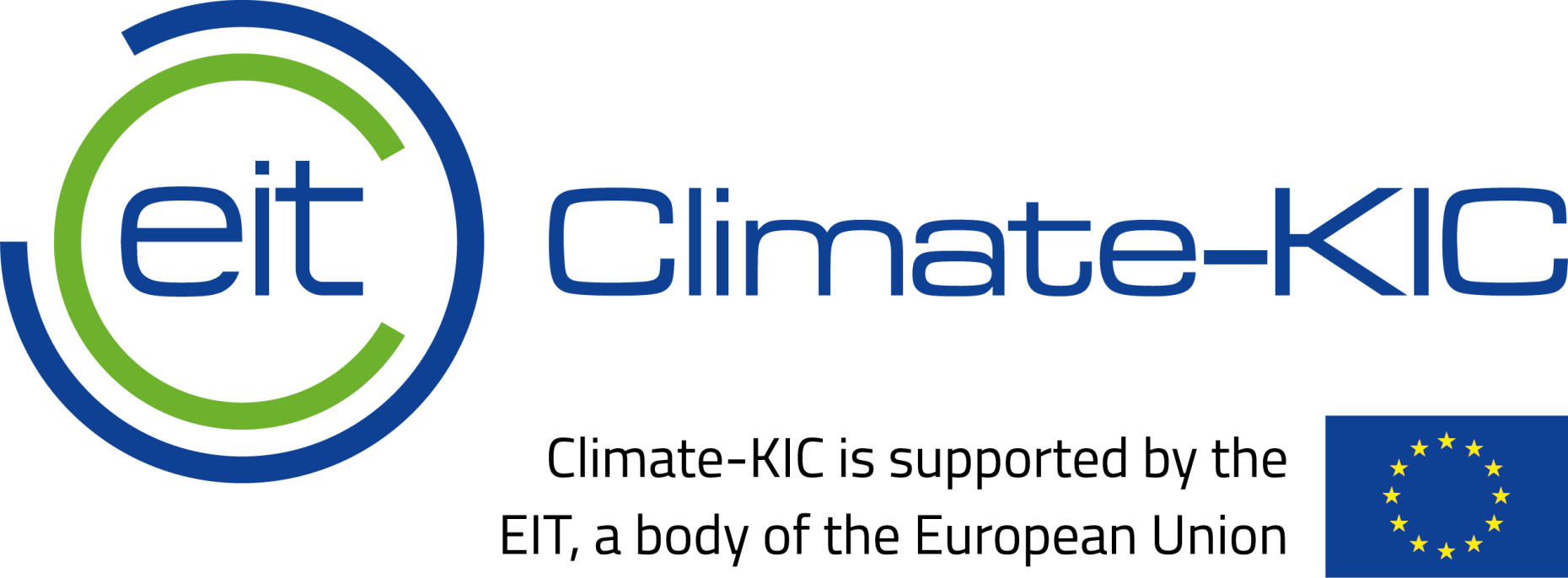“I just wanted to say that this was the best presentation I’ve seen on climate data and its uses, and I’ve been attending 3+ events a week since April. Really intelligent, diverse panel and interesting topics, I left with a lot of research to do.”
Feedback from an audience member

On the 2nd July 2020 we hosted an online panel discussion on Unlocking the power of data to deliver a net-zero future with panellists
- Julie Calkins, Head of Risk Information for Climate Adaptation at Climate-KIC
- Duncan Duffy, Global Head of Technology, Electrotechnical, Lloyd’s Register
- Vanessa Escobar, Lead Scientist for NOAA/NASA GEO-XO User Engagement, NASA Goddard Space Flight Center
- Lubomila Jordanova, CEO & Founder, Plan A
- Gavin Starks, Icebreaker One (Chair)
Our archive recording of the session is below. If you would like to keep informed, please sign up.
While each panellist came from a radically different sector or organisation, they had essentially the same problem – how to access and get the most from existing data.
Julie opened with the reminder that ‘unlocking change requires multiple interventions’, in terms of both data and finance, to democratise information. She posed the question of whether ‘good enough’ data could help unlock the insights that we need.
Duncan highlighted that – in the world of shipping – there already exist legally binding energy efficiency targets, set to become more stringent over time, which can only be achieved with ‘great data’. Host and founder of Icebreaker One, Gavin Starks, pointed out that companies carbon footprints are mostly in their supply chain (Scope 3), which fundamentally is a data-sharing problem— you can’t access global supply-chain information without some ‘extreme heavy lifting’.
Vanessa pointed to the specific challenges of accessing, applying, downloading and even understanding Satellite Data, in her work across agriculture, human health, transportation, risk, flooding and energy. She shared her experiences that approaching data from an ‘end-user perspective’ needs to be mapped to the specific goals of each organisation to be of most use.
Lisa outlined how sustainable development – enabled by data and digital – isn’t just ethically right, it’s good business sense in the built environment – whether it’s integrated schemes for water recycling, sustainable drainage, energy use, green space or heat management, all the way through to applying circular economy principles in design, or the additional knock-on benefits from interventions, such as in community value, biodiversity or advanced quality of life. However – these often require collaborative decision making that may require full district involvement, which needs useful insights and transparent, shared data.
Lubomila shared her experience of helping organisations understand and limit their emissions and understand how climate change will affect the future of business. “There will be lots of gaps” in the data being used, leaving many unprepared for the shorter-term challenges they face. She called on the regulatory framework to evolve to help us explore and leverage available data – to ensure there’s even greater innovation ahead of us.
